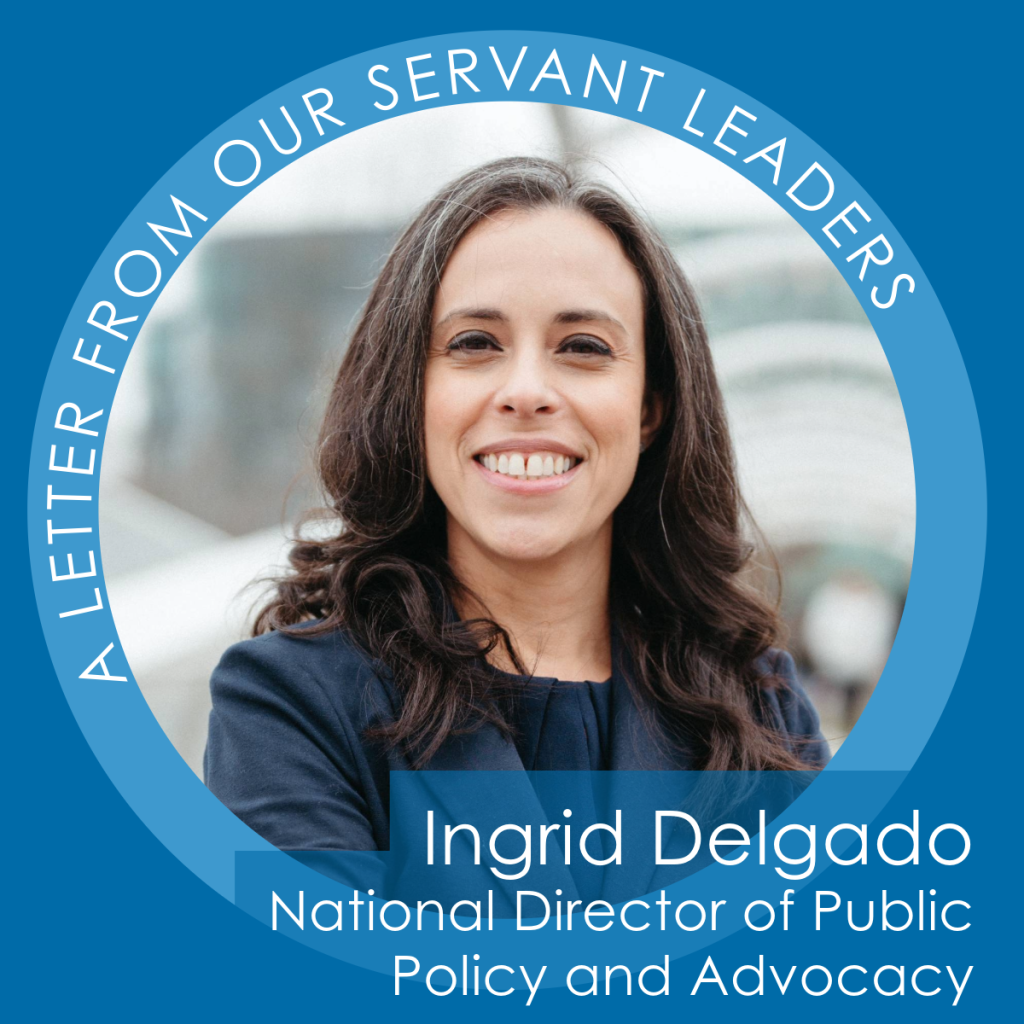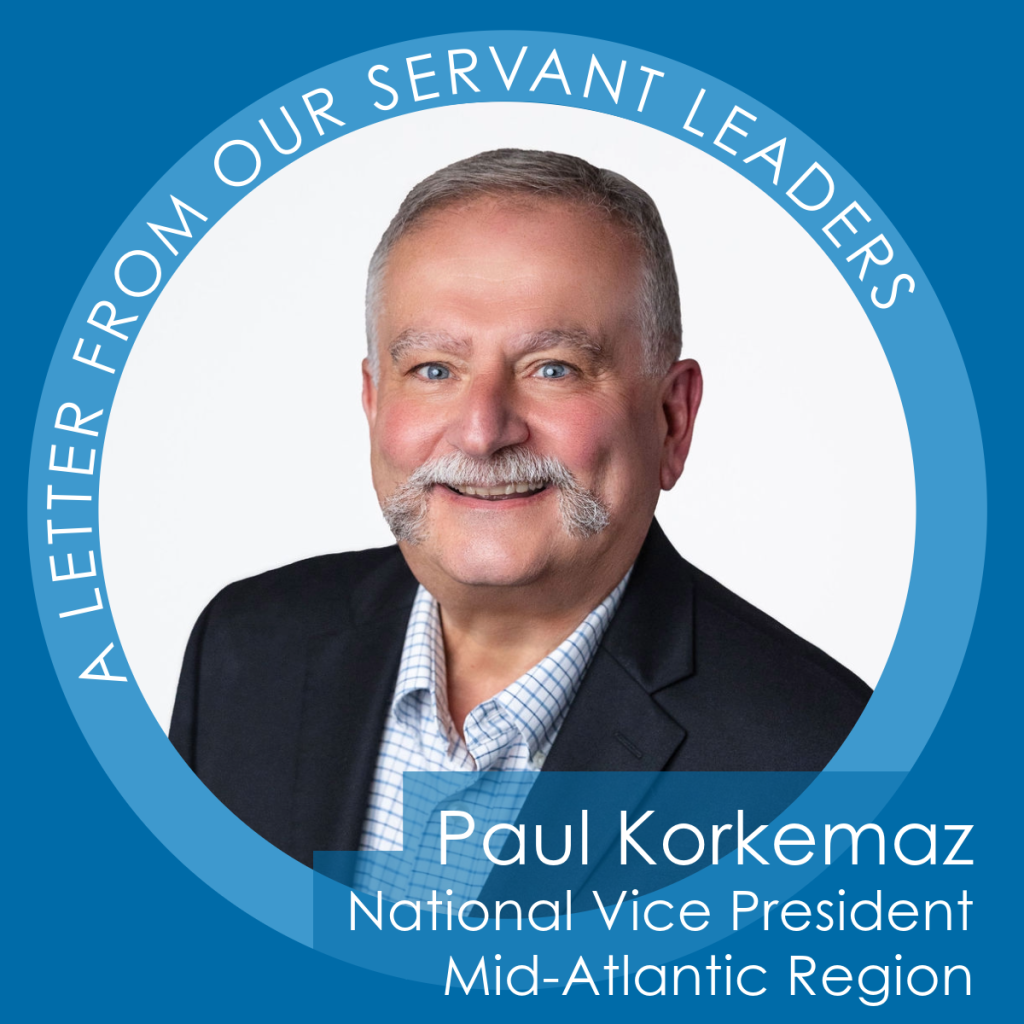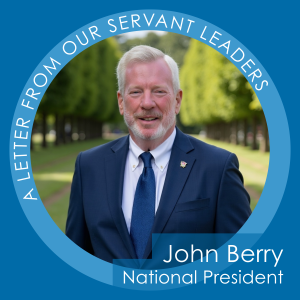 A Beautiful Weekend in Emmitsburg
A Beautiful Weekend in Emmitsburg
Last weekend, I had the privilege of being in Emmitsburg, Maryland for the 50th anniversary celebration of Saint Elizabeth Ann Seton’s canonization. What a joyous celebration it was! On Saturday, Father Tomas Mavrik, the Superior General of the Vincentian Family worldwide, celebrated a special Vincentian Family Mass. Sunday’s public Mass, marking the actual anniversary date, drew over 1,000 people as Archbishop Lori of Baltimore and Archbishop Broglio, Archbishop for the Military Services, USA and President of the USCCB, co-celebrated this historic milestone.
Being there to honor this incredible wife, mother, foundress, and saint filled my heart. I’ll be honest—before this weekend, I knew who Mother Seton was but didn’t fully grasp her deep connection to our Vincentian family. What I discovered filled me with joy and gratitude for this incredible woman, and I want to share it with you.
America’s First Saint and the Vincentian Heart

The National Shrine of Elizabeth Ann Seton
Elizabeth Ann Seton (1774-1821) became America’s first native-born saint when Pope Paul VI canonized her on September 14, 1975. Her story is remarkable: born into a prominent Episcopal family in New York, she married William Seton and had five children. After her husband’s death in Italy in 1803 and her conversion to Catholicism in 1805, Elizabeth felt called to serve the poor and establish Catholic education in America.
What makes her story so meaningful to us Vincentians is how naturally she embraced the charism of Saint Vincent de Paul and Saint Louise de Marillac. In 1809, she founded the Sisters of Charity of Saint Joseph in Emmitsburg, Maryland. Her spiritual director, Father Louis William Dubourg, encouraged her to adopt the rules of the French Daughters of Charity, and in 1812, her community received official approval based directly on the rules Saint Vincent and Saint Louise had established in 1633.
Seeing Christ in the Poor
The heart of Elizabeth’s spirituality perfectly mirrors what we experience in the Society of Saint Vincent de Paul; she truly saw Christ in the poor. Before even becoming Catholic, Elizabeth “saw Christ in the poor, especially in women and children in need.” This vision aligned beautifully with Saint Vincent’s teaching that “the poor are our masters” and that we must treat them “like guests at our family table and not as beggars at our gate.”
Elizabeth taught her sisters to embrace this Vincentian understanding completely. She instructed them to find Christ in those they served, echoing Vincent’s revolutionary idea that in serving the poor, we encounter Jesus himself. This spirituality of encounter became foundational to both the Sisters of Charity and later to our own Society.
Prayer and Action Together
What strikes me most about Mother Seton’s approach is how she balanced prayer with action – what we Vincentians call being “contemplatives in action.”
She taught a “prayer of the heart” that could thrive regardless of external circumstances while remaining deeply engaged in charitable works. Saint Vincent pioneered this concept, and Elizabeth lived it out beautifully in 19th-century America.
Both traditions understand that authentic spiritual life cannot be separated from service to those in need. As Vincentian spirituality teaches, “Our proclamation of the good news will resound in people’s hearts especially when we give vibrant witness through the language of works.”

John Berry with Fr. Tomaz Mavric
Trusting in God’s Providence
Elizabeth’s spirituality of abandonment to Divine Providence resonates deeply with Vincentian trust in God’s care for the poor. During times of loss and financial hardship, she showed the same trust that Saint Vincent had, believing that God would provide the resources needed for charitable works. This foundational trust in God’s mercy enabled both Elizabeth and later members of our Society to take risks in service, confident that God would provide.
The Family Connection Grows
The spiritual connection between Elizabeth and the Daughters of Charity became official in 1850, when her Emmitsburg Sisters joined the French Company of the Daughters of Charity. This wasn’t just an administrative merger – it was recognition of the deep spiritual bond that had existed from the community’s founding. Elizabeth’s original intention was finally fulfilled, making her spiritual Daughters full members of the international Vincentian family.
Living the Legacy Today
Today, Saint Elizabeth Ann Seton holds a unique place within our global Vincentian Family. The various Sisters of Charity congregations that trace their roots to her foundation represent over 2,500 members across communities in New York, Cincinnati, Halifax, New Jersey, and Pennsylvania. These communities, along with the Daughters of Charity, carry forward the Vincentian charism that Mother Seton brought to America.
We in the Society of Saint Vincent de Paul explicitly recognize this connection, particularly through conferences named after Saint Elizabeth Ann Seton. Our commitment to her memory reflects the recognition that she was instrumental in bringing Vincentian spirituality to America, making possible the later establishment and growth of lay Vincentian organizations like ours.
Shared Mission, Shared Values
The relationship between Saint Elizabeth Ann Seton and our Society continues through our commitment to identical values: service to the poor, respect for human dignity, and the integration of faith and action. Both traditions emphasize that personal encounter is fundamental to our ministry. We recognize that charity requires relationship, not merely assistance.
We continue to draw inspiration from Mother Seton’s example of “acting with heart,” converting deep awareness of God into concrete service to others. Her model of combining educational excellence with charitable service provides a template for holistic human development that is still relevant to our work today.
Education and Justice
Elizabeth’s establishment of the first free Catholic school in America aligned with our Society’s emphasis on addressing the root causes of poverty. Both traditions recognize that true charity must encompass not only immediate relief but also long-term solutions that promote human dignity and empowerment.
A Living Heritage

John Berry with Luci Baines Johnson
The relationship between Saint Elizabeth Ann Seton and the Society of Saint Vincent de Paul represents a deep spiritual communion rooted in the Vincentian charism. From Elizabeth’s adoption of the Daughters of Charity rules to the contemporary work of our over 4,000 conferences in the United States today, this connection represents the flowering of Vincent de Paul’s vision in American soil.
Both Elizabeth and Blessed Frédéric Ozanam understood that authentic Christian life requires integrating contemplation and action, personal sanctification, and service to the poor. Their shared commitment to seeing Christ in those who suffer and responding with practical charity continues to inspire thousands of Vincentians worldwide.
As members of the broader Vincentian Family, both traditions remind us that holiness is not abstract but incarnational, found in the daily choice to serve with compassion and to recognize in every encounter with poverty an opportunity to meet Christ himself. Through this shared vision, Saint Elizabeth Ann Seton remains not merely a historical figure but a living presence within our Society and the entire Vincentian tradition.
In words that describe both Elizabeth and the Society she helped inspire: “The charity of Christ impels us” to serve, to hope, and to find God present in the poor who remain our teachers and our masters.
Peace and God’s blessings,
John



 The Value of Vincentian Friendship – Priceless!
The Value of Vincentian Friendship – Priceless!

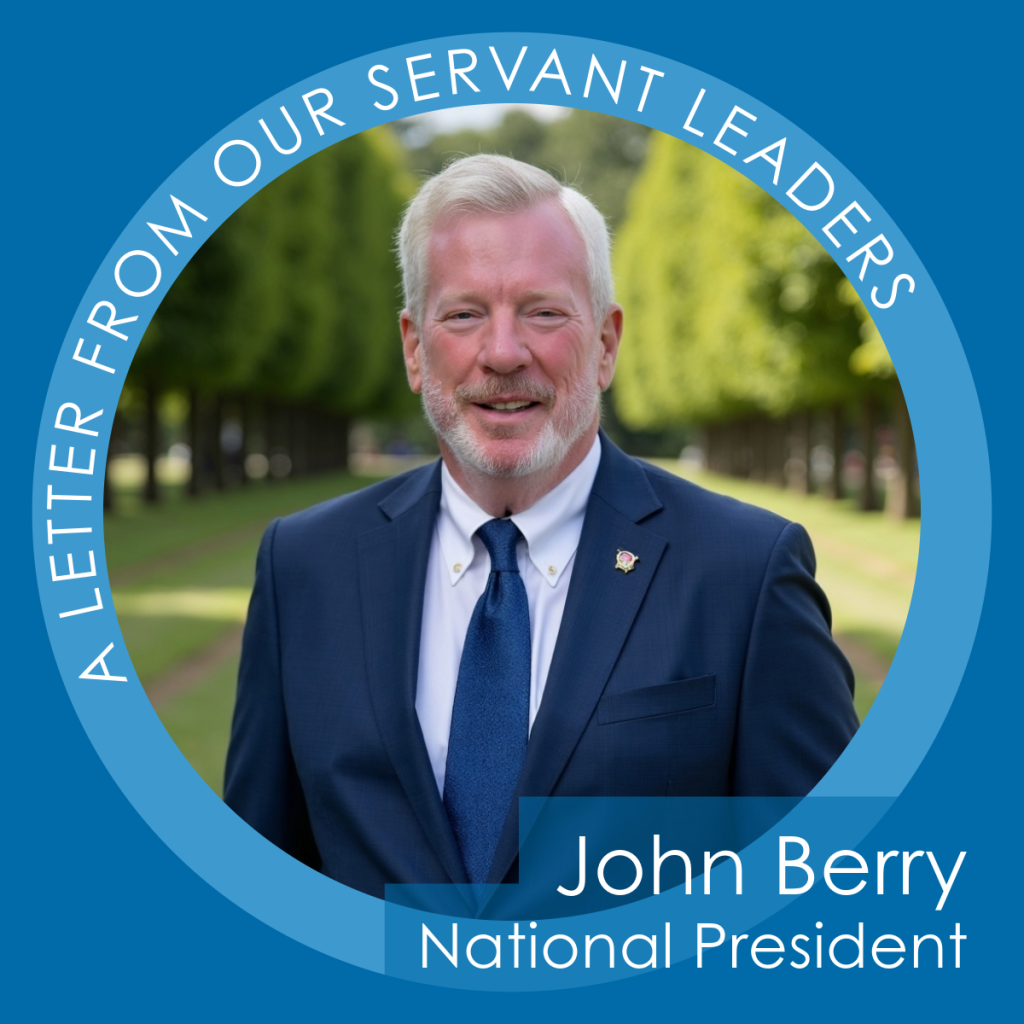
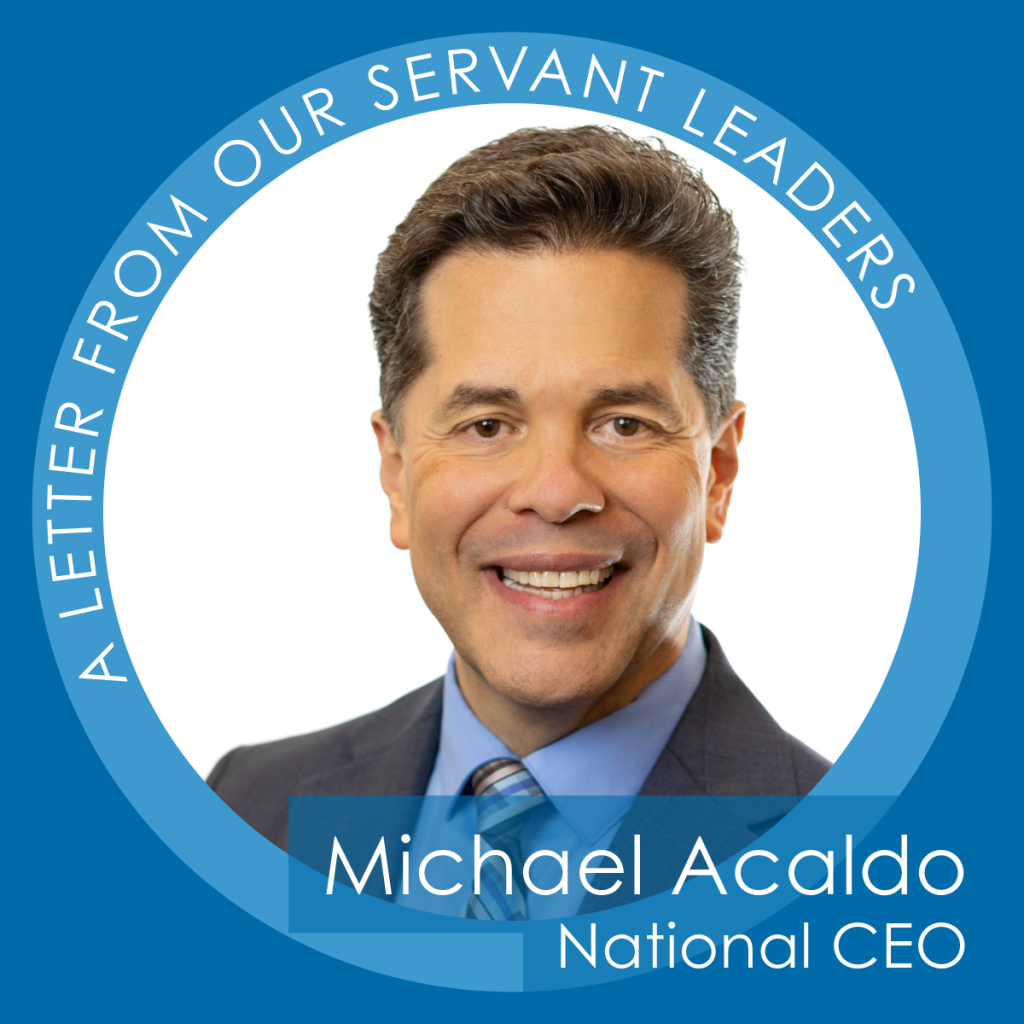 My Most Memorable National Assembly
My Most Memorable National Assembly
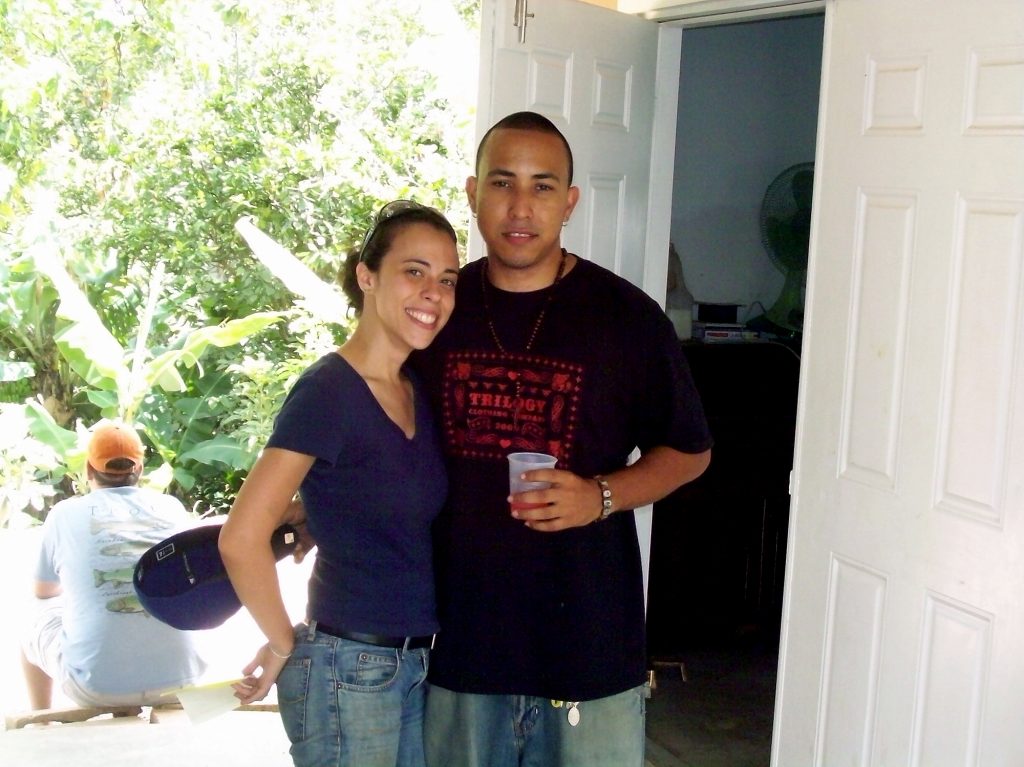 My husband and I were living as missionaries in a remote village in San Juan de la Maguana, Dominican Republic, close to the Haiti border, when I first embraced the work of justice. I was skeptical when our Mission Office started to engage with the government in providing breakfast and lunch to the schoolchildren who were attending the schools our mission had built and opened – after all, this was the same government that allowed them and their families to live in towns without electricity, running water, paved roads, medical centers, or schools and hadn’t even assigned birth certificates to most of our neighbors. And, yet, when the Church and the government worked together, we accomplished so much more for the people we were serving than either entity could have done alone. For example, our volunteers and community members built schools; our long-term missioners provided instruction to adults who had previously only received very basic elementary education but would eventually attain college degrees and become the schoolteachers of their villages; while the government provided nutrition programs and officially recognized our schools.
My husband and I were living as missionaries in a remote village in San Juan de la Maguana, Dominican Republic, close to the Haiti border, when I first embraced the work of justice. I was skeptical when our Mission Office started to engage with the government in providing breakfast and lunch to the schoolchildren who were attending the schools our mission had built and opened – after all, this was the same government that allowed them and their families to live in towns without electricity, running water, paved roads, medical centers, or schools and hadn’t even assigned birth certificates to most of our neighbors. And, yet, when the Church and the government worked together, we accomplished so much more for the people we were serving than either entity could have done alone. For example, our volunteers and community members built schools; our long-term missioners provided instruction to adults who had previously only received very basic elementary education but would eventually attain college degrees and become the schoolteachers of their villages; while the government provided nutrition programs and officially recognized our schools.